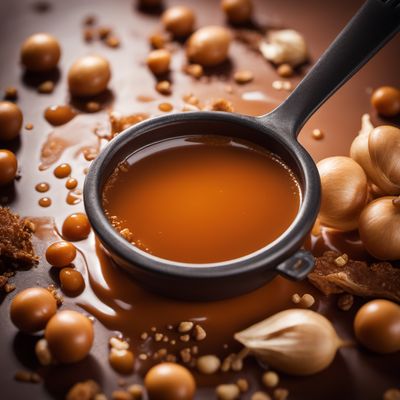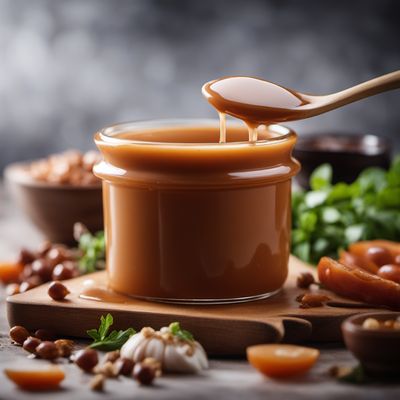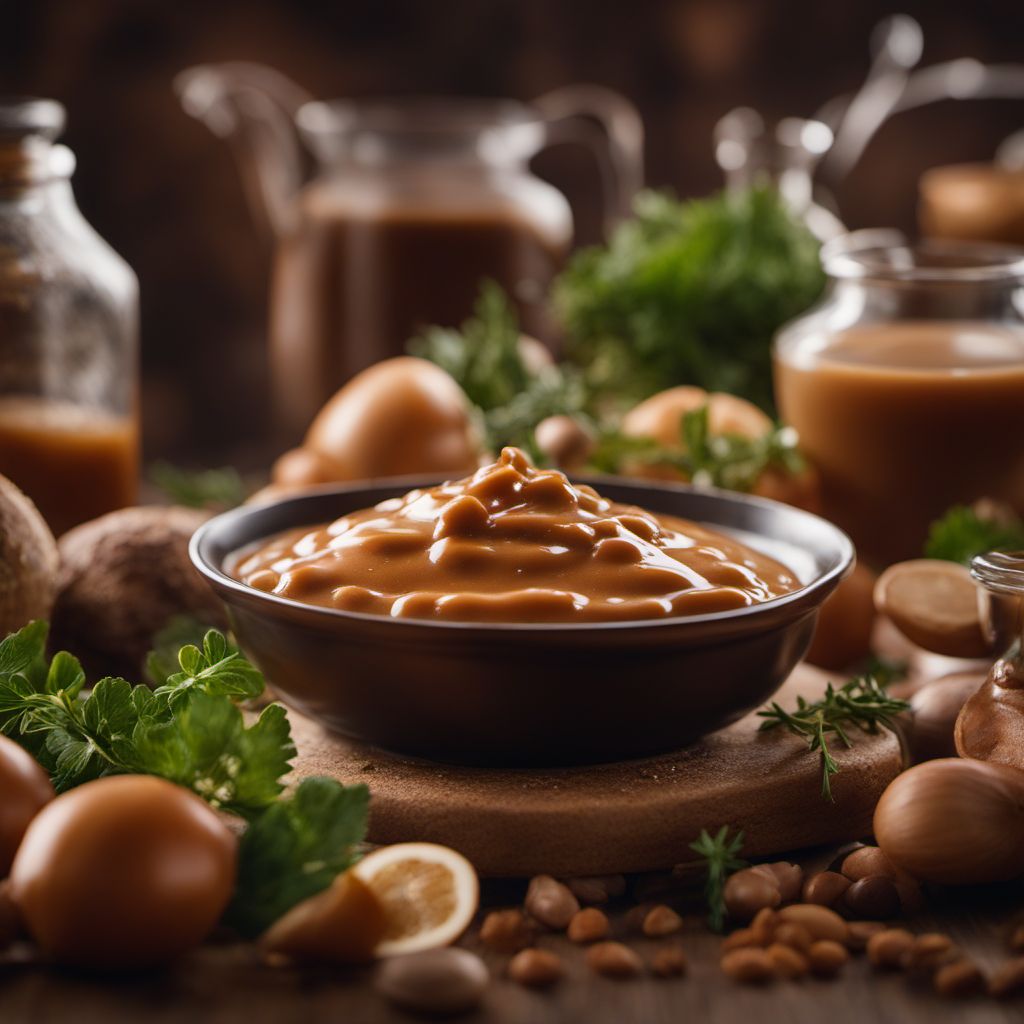
Ingredient
Gravy ingredients
The Secret to Flavorful and Rich Gravy: Unveiling the Essential Ingredients
Gravy ingredients consist of a combination of meat drippings, stock or broth, thickening agents, and seasonings. The meat drippings, such as those from roasted poultry or beef, provide a rich and savory base, while the stock or broth adds depth and moisture. Thickening agents like flour or cornstarch are used to achieve the desired consistency, and seasonings like herbs, spices, and aromatics enhance the flavor profile. The resulting gravy is typically smooth, velvety, and bursting with savory goodness.
Origins and history
The concept of gravy can be traced back to ancient civilizations, where sauces made from meat drippings were used to enhance the flavor of meals. In medieval Europe, gravies were commonly made by thickening meat juices with bread or grain. Over time, the technique evolved, and various regional cuisines developed their own unique styles of gravy. Today, gravy is a staple in many cultures and is enjoyed worldwide.
Nutritional information
Gravy ingredients vary in nutritional content depending on the specific ingredients used. They can provide essential nutrients such as protein, vitamins, and minerals. However, the overall nutritional value of gravy can be influenced by the amount of fat and sodium present.
Allergens
Gravy ingredients may contain allergens such as wheat (if thickened with flour), soy (if using soy sauce), or dairy (if using butter or cream).
How to select
When selecting gravy ingredients, opt for high-quality meat drippings or stock/broth made from real ingredients. Look for organic or free-range options for meat drippings, and choose low-sodium or homemade stock/broth to control the flavor and sodium content. Fresh herbs and spices will also enhance the overall taste of the gravy.
Storage recommendations
Store meat drippings in an airtight container in the refrigerator for up to 3 days or freeze for longer storage. Stock or broth can be stored in the refrigerator for up to 4 days or frozen for several months. Thickening agents and seasonings should be stored in a cool, dry place away from direct sunlight to maintain their freshness.
How to produce
Gravy ingredients can be produced by roasting meats and collecting the drippings, making homemade stock or broth, and using quality thickening agents and seasonings. Amateur cooks can follow recipes and techniques available in cookbooks or online resources to create delicious homemade gravy.
Preparation tips
To prepare gravy, start by heating the meat drippings in a saucepan. Add the thickening agent, such as flour or cornstarch, and cook until it forms a roux. Gradually whisk in the stock or broth, ensuring there are no lumps. Simmer the mixture until it thickens to the desired consistency, and season with herbs, spices, and aromatics to taste. Straining the gravy can help achieve a smoother texture. For a richer flavor, deglaze the pan with wine or add a splash of cream.
Substitutions
N/A (As gravy ingredients are essential for making gravy, there are no direct substitutes.)
Culinary uses
Gravy is commonly used as a sauce to accompany roasted meats, poultry, mashed potatoes, and other comfort foods. It is also a key component in dishes like poutine, biscuits and gravy, and shepherd's pie, where it adds depth and richness to the overall flavor.
Availability
Gravy ingredients are commonly available in grocery stores and supermarkets worldwide.
More ingredients from this category
Recipes using Gravy ingredients

Punjabi-style Smokvara with Spiced Paneer
Paneer-stuffed Semolina Dumplings in Punjabi Spices

Molecular Gastronomy Rice and Gravy
Savory Rice Spheres with Velvety Gravy Emulsion

Canadian Poutine Fries
Savory Canadian Poutine Fries: A Classic Twist on Local Comfort Food
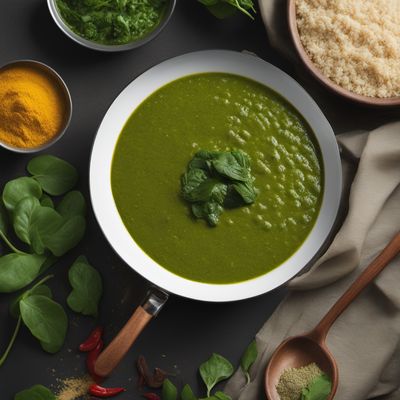
Pitod ka Saag
Savory Gram Flour Dumplings in Spiced Spinach Gravy

Soulful Bangers and Mash
Soulful Sausages and Mashed Potatoes

Classic British Sunday Roast
Hearty Sunday Roast: A British Tradition Reimagined

Roasted Christmas Goose
Festive Delight: Roasted Christmas Goose with Traditional German Flavors

Saharan Spiced Biscuits with Savory Gravy
Saharan Spice Infused Biscuits with Flavorful Gravy

Hot Turkey and Cranberry Sandwich
Thanksgiving Delight: Hot Turkey and Cranberry Sandwich
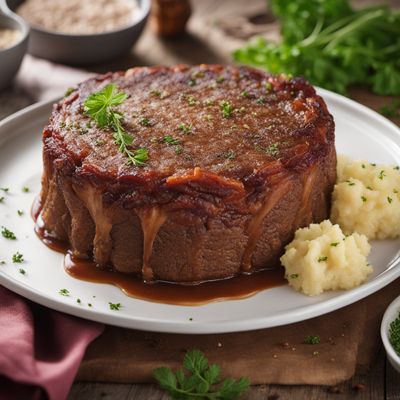
German Meat Cake
Savory Delight: German Meat Cake with a Twist
